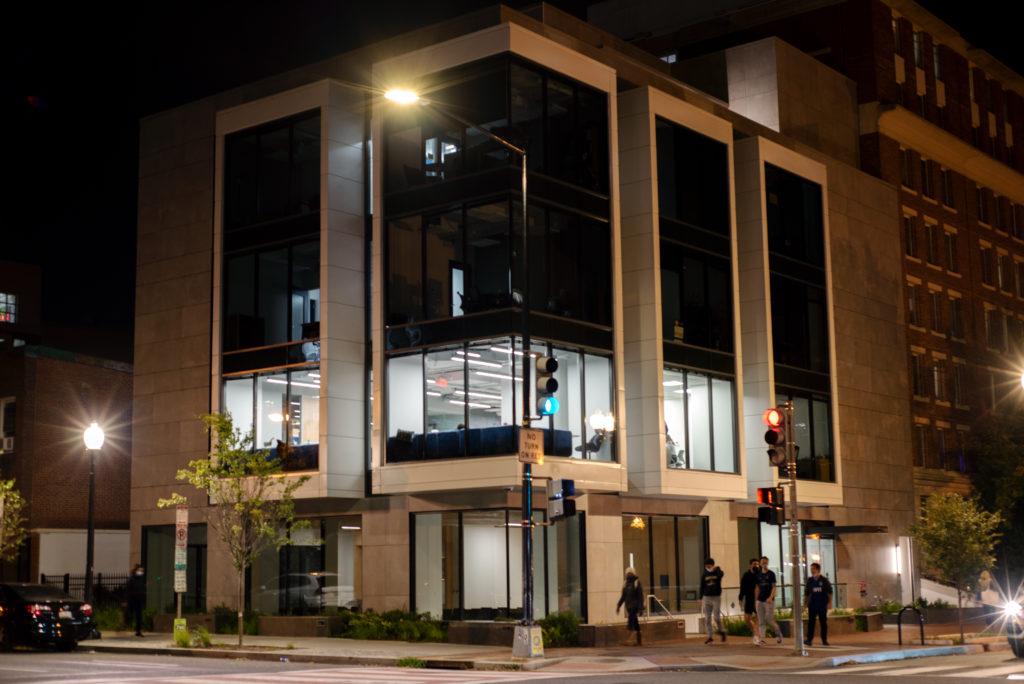The Jewish Federation of Greater Washington will give GW Hillel a grant to combat reports of antisemitism on campus, according to a FOX 5 report last month.
The regional nonprofit announced in June that it will give a $25,000 grant to Hillel Centers at six schools, including GW, American, George Mason and Virginia Tech universities and the universities of Maryland and Virginia. The Federation said in an email that the grants is intended for Hillel centers to address the “growing threats and intimidations against Jewish students” and provide a safe space for Jewish students.
Representatives from Hillel did not return requests for comment.
Alongside the school-specific grants, the organization will issue a $100,000 grant annually for three years to the Jewish Community Relations Council of Greater Washington, a local Jewish and Israeli advocacy group.
The federation will also delegate an additional $300,000 to initiatives focused on “addressing antisemitism impacting teens” in the Greater Washington area, the organization said in an email.
The grant comes about seven months after GW alumni called on Granberg to form an antisemitism combat plan in a November letter signed by more than 1,000 graduates. The letter followed Students for Justice in Palestine’s projection of messages critical of Israel and GW onto Gelman Library in October, which University President Ellen Granberg denounced as antisemitic and a violation of University policy.
Associate Vice President and University Controller Neena Ali said in December that GW received $402,000 less in “Hillel gifts” in Fiscal Year 2023 compared to the year before.
Months later, in the spring, pro-Palestinian demonstrators set up an encampment in University Yard for 13 days and demanded officials disclose all investments and academic partnerships with ties to Israel, drop all charges against pro-Palestinian student organizations and divest from companies supplying arms to Israel. Some students, faculty and national Jewish organizations condemned the encampment, including signs posted and later removed from the protest barricades that read “Students will leave when Israelis leave,” and “Students will go back home when Israelis go back to Europe, US, etc (their real homes).”
GW Hillel said in a statement on Instagram on the first day of the protest that the encampment was part of a “growing and deeply troubling pattern” emerging at college campuses across the country.
“We say unequivocally that no student’s rights to be safe, to pursue their education, and to be proud Jews should be compromised in response to another student’s actions,” the statement reads.
About a week later, GW for Israel and the GW Jewish Student Association held a “rally against antisemitism” in support of Jewish students alongside regional and local advocacy organizations, including GW Hillel.
After the protest’s end — which remained largely peaceful beyond verbal altercations between pro-Palestinian protesters and counterprotesters and the police’s sweep to clear the demonstration — some Jewish students said they felt uncomfortable, unsafe or excluded from the protest because of statements and signage at the encampment they deemed antisemitic, like chants calling for an Intifada. Others reported solidarity with the protest, citing a welcoming community and interfaith prayer services.





